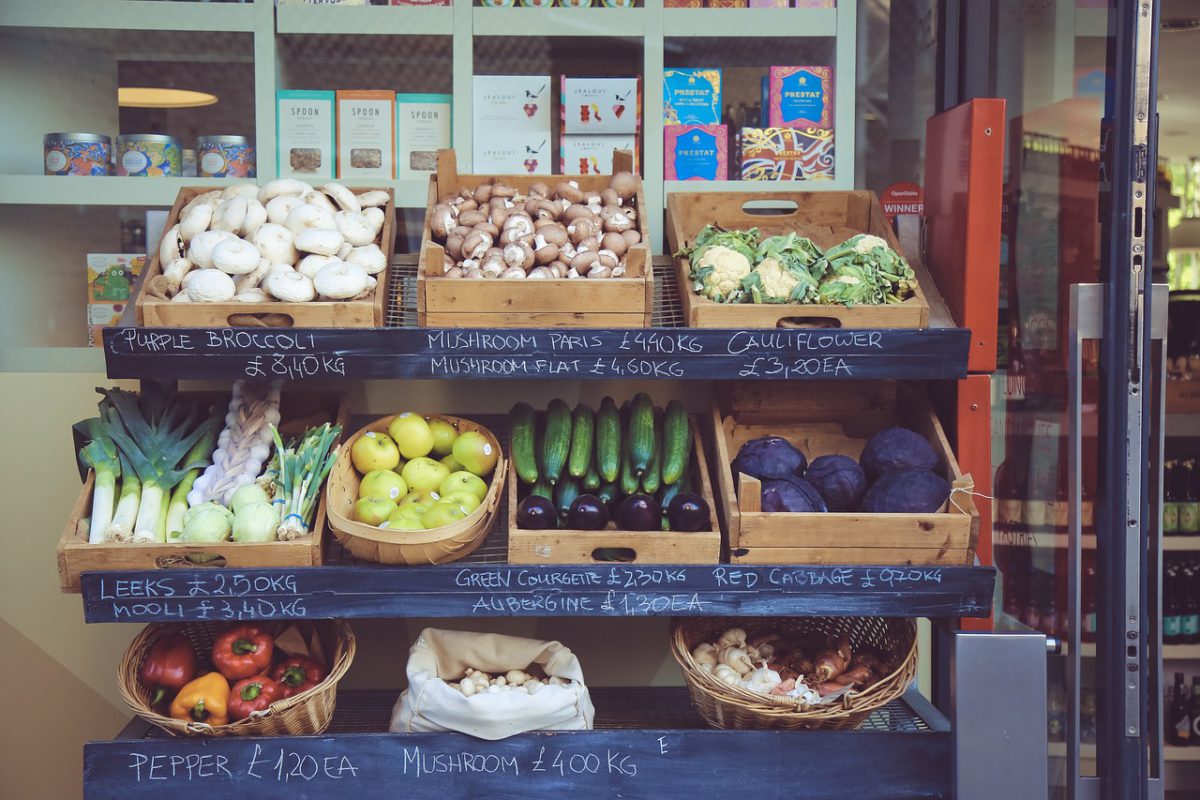
Make Your Wage Go Further: 10 Tips For Cheaper Eating
- June 13, 2017
- Josie Clarkson
The average household spends £56.80 per week on food and non-alcoholic drinks according to the Office for National Statistics. As this is an average there are obviously households and individuals spending a far greater figure than this, so here are 10 tips to ensure that you don’t fall into that category.
- Ditch the brands
Big brands are very effective at convincing consumers that their product is in some way special or superior to non-branded alternatives, for example the ‘It has to be Heinz’ campaign. Branded products are much more expensive as people are willing to pay extra for increased quality.
However, countless taste tests have suggested that the public can’t actually taste the difference between the branded and non-branded (i.e. supermarket own) versions of the same product. So, unless you genuinely can taste the difference, don’t fall victim to clever marketing ploys.
Branded products are much more expensive as people are willing to pay extra for increased quality. However, countless taste tests have suggested that the public can’t actually taste the difference between the branded and non-branded (i.e. supermarket own) versions of the same product.
So, unless you genuinely can taste the difference, don’t fall victim to clever marketing ploys.
- Packed lunch
It’s quick and easy to grab a pre-prepared sandwich while eating lunch on the go, for example at work, university or just a fun day out. But, with some pre-prepared sandwiches costing nearly a fiver, it’s well worth taking the time to prepare a packed lunch the night before.
- Takeaway Treat
Everyone deserves a treat, with most families enjoying a weekly takeaway as a hard earned reward at the end of the working week. Even including promotional offers, a single medium pizza from Domino’s can cost up to £13.99. Supermarkets offer an extensive range of both fresh and frozen pizzas from as little as 60p from Sainsbury’s allowing you that end of the week treat for over 23 times less money!
Your weekly takeaway doesn’t have to be restricted to pizza; most supermarkets also boast a delicious selection of Asian cuisine.
- Water bottle / coffee flask companion
It’s vital to stay hydrated when out and about, but this can often lead to wasted money on drinks. Instead, take your own water bottle out with you because many cafés will be happy to fill it up with tap water for you free of charge.
Similarly, coffee shops such as Starbucks offer a discount on your hot drink if you take a flask with you for them to put it in, saving both the environment and your money!
- Eat your veggies
Meat is one of the most expensive items on most people’s shopping list, so cutting down the amount of meat you eat could save you a substantial amount of money.
You don’t have to go vegetarian for this to make a difference, even just substituting half the amount of chicken in a curry or pasta dish for a vegetable of your choice would help to limit the cost of the meal.
- Make a shopping list
People who don’t take a shopping list with them to the supermarket are more likely to spend more money by buying unnecessary products. If you plan your meals and write a list before you go and stick to it when shopping, this will limit the number of costly impulse buys.
- Get a loyalty card
Most supermarkets have loyalty cards which work via a points system where you earn points by spending money you would have spent anyway. Accumulating points leads to exclusive deals and offers from the supermarket at no extra cost or effort from yourself.
- Bulk buy
If you’re sharing a house with other people, like most students do while at university, it can often save you all money by sharing the cost of food. For example, sharing one bottle of milk is far more practical than having up to six individual pints of milk in the fridge, some of which will inevitably be thrown away.
In general buying in bulk from shops such as Costco or just buying a 5kg bag of pasta rather than ten 500g bags will save you significant amounts of money.
- Don’t shop when hungry
We’ve all nipped to the food shop in the early evening to pick up ingredients for dinner and come home with about three aisles’ worth of food.
Going food shopping while hungry makes it much harder to resist all those tempting treats calling you from the supermarket shelves which amplify the cost of your shop. Therefore, it’s a good idea to eat before you go shopping to prevent this from happening.
- Choose where to shop wisely
Prices for the same items vary considerably between different food shops. For example the price of food in Lidl is considerably less than that in Waitrose. Equally, the price of the same product in the smaller, local version of a supermarket can be up to 40% higher than in the superstore version of the same company.
So, carefully considering where you shop could save you a substantial amount of money.
Obviously everyone is entitled to the occasional treat like takeaways or a more expensive product from the supermarket. This guide will help you keep food costs down to a minimum, so that when you do feel the need to treat yourself to that luxury pudding, it won’t leave you out of pocket.
Josie Clarkson writes for Inspiring Interns, a graduate recruitment agency which specialises in sourcing candidates for internships and giving out graduate careers advice. To hire graduates or browse graduate jobs, visit their website.






